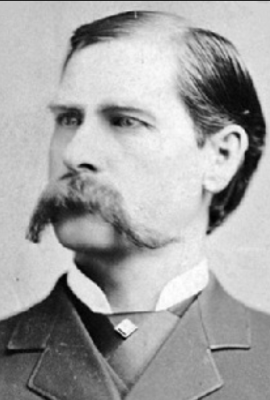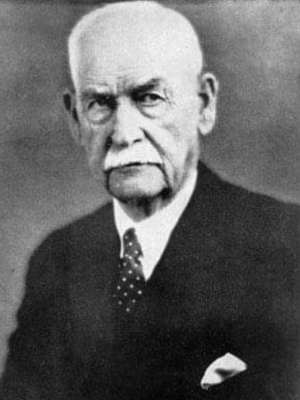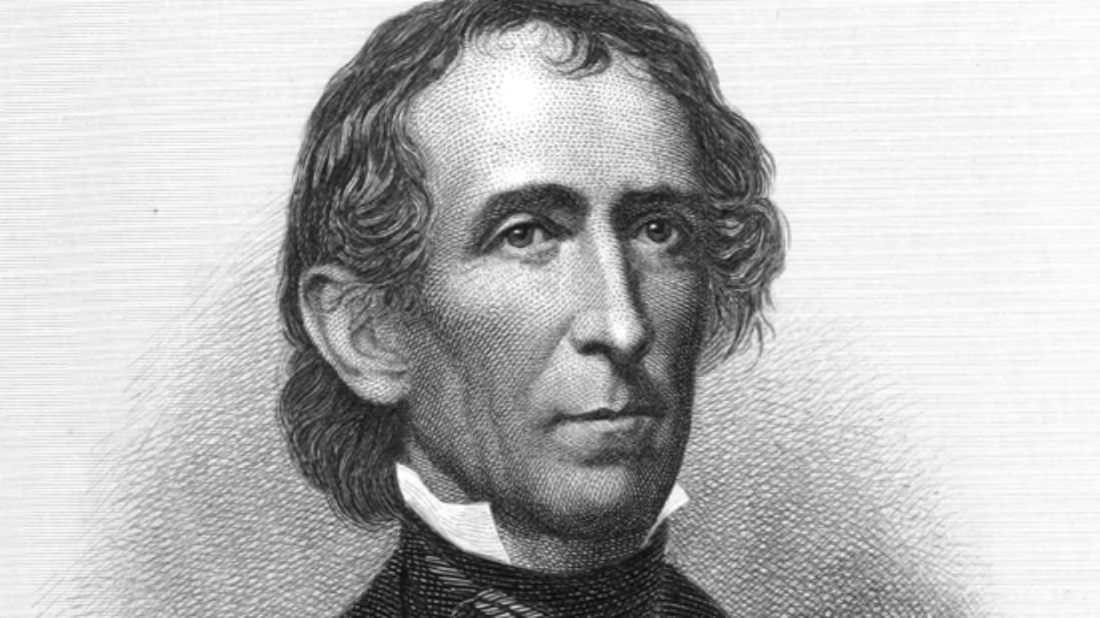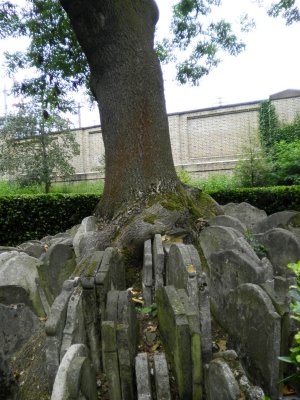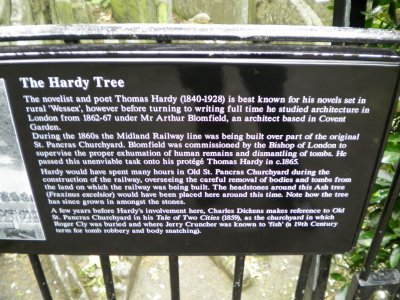gattino
Justified & Ancient
- Joined
- Jul 30, 2003
- Messages
- 2,804
Neither truly fortean nor even a question, just a random ramble on an odd realisation.
The other day i started watching the first Johhny Weismuller Tarzan movie. I have no idea how i knew his name or attached it to his face but i instantly identified Jane's father as the British actor C Aubrey Smith. He was a mainstay of 30s and 40s Hollywood movies, typically playing the colonel type. According to Wikipedia he was also the partriarch of the British acting enclave in Hollywood at the time - the David Nivens and Ronald Colemans et al.
And something which feels odd and improbable dawned on me. The movie was made in 1932 and Smith looked to be about 70. Therefore he must have been a fully fledged, bona fide, grown up, top hat and tails, horse drawn carriages and jack the ripper "Victorian". It turns out in fact he was 38 by the time old Queen Vic died. More than that, the mid 20th century movie star had been a famous 19th Century professional cricketer.
Now the maths is clearly very simple. And pretty much anyone of note in the early 20th Century will have been born or even reached adulthood in the 19th. But HG Wells and Arthur Conan Doyle are fixed in the mind as being of the earlier age. Churchill was "victorian" too but in his youth, not his maturity. But "Hollywood star" and "victorian gentleman" are such incompatible categorizations it feels utterly impossible that they could overlap at all.
I don't think i have a point, except to wonder if I'm odd in finding it quite so odd.
Anyhow here's 1940s Hollywood star C Aubrey Smith, contemporary of Humphrey Bogart, Bette Davis and Errol Flynn

And here's 19th Century professional cricketer C Aubrey Smith, contemporary of Oscar Wilde, Sherlock Holmes and William Gladstone.

The other day i started watching the first Johhny Weismuller Tarzan movie. I have no idea how i knew his name or attached it to his face but i instantly identified Jane's father as the British actor C Aubrey Smith. He was a mainstay of 30s and 40s Hollywood movies, typically playing the colonel type. According to Wikipedia he was also the partriarch of the British acting enclave in Hollywood at the time - the David Nivens and Ronald Colemans et al.
And something which feels odd and improbable dawned on me. The movie was made in 1932 and Smith looked to be about 70. Therefore he must have been a fully fledged, bona fide, grown up, top hat and tails, horse drawn carriages and jack the ripper "Victorian". It turns out in fact he was 38 by the time old Queen Vic died. More than that, the mid 20th century movie star had been a famous 19th Century professional cricketer.
Now the maths is clearly very simple. And pretty much anyone of note in the early 20th Century will have been born or even reached adulthood in the 19th. But HG Wells and Arthur Conan Doyle are fixed in the mind as being of the earlier age. Churchill was "victorian" too but in his youth, not his maturity. But "Hollywood star" and "victorian gentleman" are such incompatible categorizations it feels utterly impossible that they could overlap at all.
I don't think i have a point, except to wonder if I'm odd in finding it quite so odd.
Anyhow here's 1940s Hollywood star C Aubrey Smith, contemporary of Humphrey Bogart, Bette Davis and Errol Flynn
And here's 19th Century professional cricketer C Aubrey Smith, contemporary of Oscar Wilde, Sherlock Holmes and William Gladstone.



